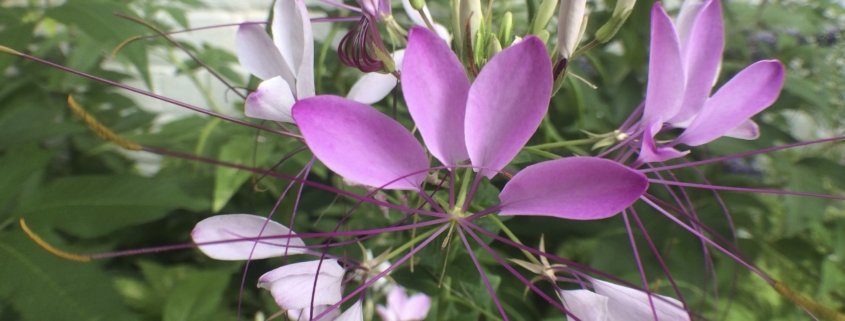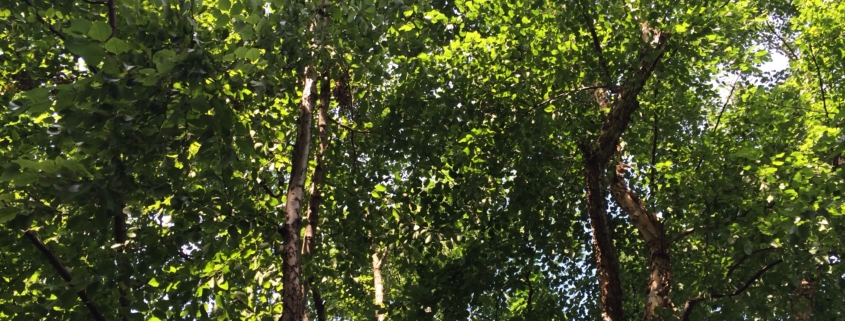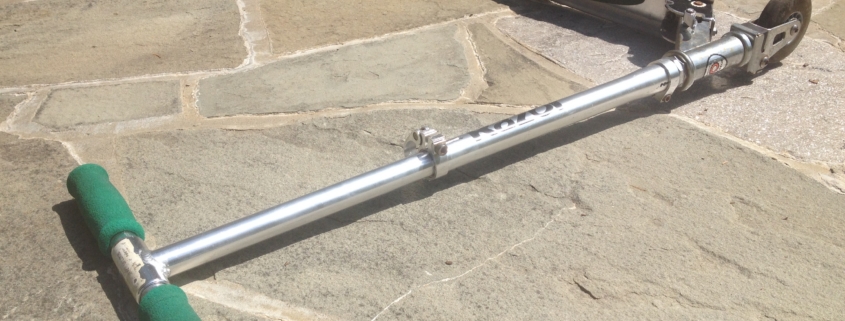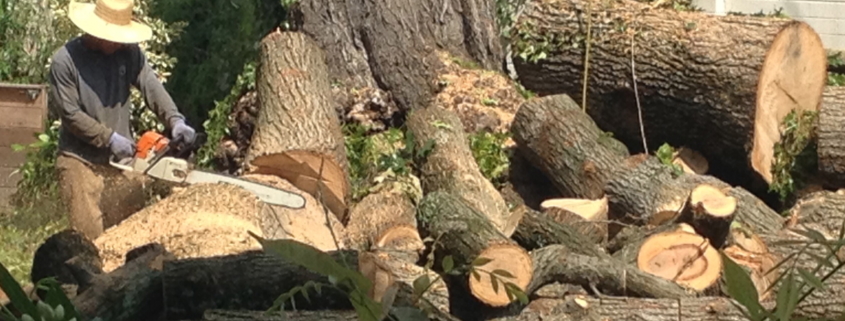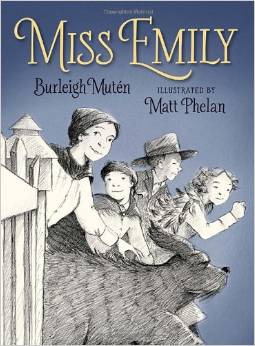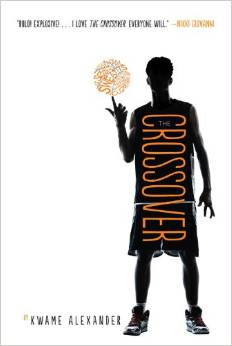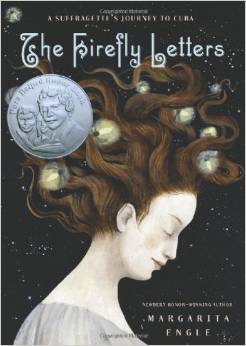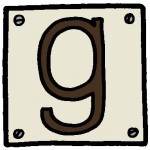The Poetry Friday party is here!
I’m happy to be hosting today. Please leave your link in the comment section below, and I’ll be sure to visit and add your link to my post.
I’m also happy to share a poetry project I’ve been working on. It’s a talking bookmark, of course. If you’d like one, a handful, or 25, please let me know in the comments, and I’ll enter your name in the talking bookmark raffle.
That’s all from me for now. Let’s head out to the internet for more poetry fun.
Enjoy!

© Elizabeth Steinglass, 2014, all rights reserved
Robyn Hood Black has the last in this year’s series of wonderful student haiku poets from The Paideia School. Up this month is Madeline Budd Pearson.
Michelle Heidenrich Barnes at Today’s Little Ditty is featuring a post by Laura Shovan. Laura analyzes a poem by a great writer… who also happens to be in first grade.
Myra GB at Gathering Books is continuing with their June theme of a Buffet of Asian Literature with Rabindranath Tagore’s Wandering Wailing Heart and a Beloved Passing by Like a Dream.
Matt Forrest Esenwine at Radio, Rhythm & Rhyme shares one of his first poems for children, “If I Could Climb Up to the Top of a Tree.”
Diane Mayr is busy as usual this morning with three posts! At Random Noodling she has a sequence of haiku inspired by a gorgeous painting by Felix Vallotton. At Kurious Kitty she shares of new anthology of baseball poems, Heart of the Order, edited by Gabriel Fried. And, at Kurious K’s Kwotes she has a quote by Francoise Sagan. Although it’s about “art,” it applies quite well to poetry.
Laura Purdie Salas is sharing a silly “Bathtub Car” from POEM-MOBILES by J. Patrick Lewis and Douglas Florian.
Karin at Our Amazing Days is posting every day for Amazing May on her book’s website. Today she has a Fibonacci poem about becoming friends.
Today MsMac is sharing two original and beautiful haiku.
At The Opposite of Indifference Tabatha Yeatts shares the poem For a Patient: You Said You Hated Poetry and lots of links to other sites that remind us that a broad definition of diversity includes mental health issues and experience.
Today is National Endangered Species Day. J. Patrick Lewis sent Renee LaTulippe his poem “Polar Bear” to share on her blog No Water River.
Over at The Poem Farm Amy Ludwig Van derWater has a poem about Manny the Manatee…and a Poetry Peek too. And will The Poem Farm adopt a pet?
Mary Lee is sharing a poem about encyclopedias, “Yard Sale” by George Bilgere, at A Year of Reading.
At Reflections on the Teche, Margaret is excited about sharing and writing poetry in math class!
Tara shares a lovely moment and the poem “Not Forgotten” by Sheila Packa at A Teaching Life.
Jama’s keeping cool with Calvin Coolidge and his wife’s crunchy cookies!
Irene Latham loves babies. She’s sharing three poems from baby’s point of view from Lin Oliver’s collection Little Poems for Tiny Ears.
April Halprin Wayland’s post at TeachingAuthors is about writing from the gut–which was where the poem written with the help of her 91-year-old mother came from…
Keri has lots of news and a hawk haiku at Keri Recommends.
Laura Shovan is blogging at Michelle’s Today’s Little Ditty today, but she’s been posting poems from her third grade residency all week at Author Amok. Check out Dylan’s Fib about the Robot Revolution… and his prediction for how it will end.
Karen Edmisten is a little teary this morning. Go see why and read “The Writer” by Richard Wilbur.
At Dori Reads Dori has a double dactyl about Roald E Amudsen and the rules for writing one.
Tamara Will Wissinger puts the spotlight on debut MG author Tracy Holczer’s new release, THE SECRET HUM OF A DAISY. HUM features Grace, a girl who is mourning the loss of her mother and uses poetry writing and the words of Robert Frost to help her cope. I had the pleasure of interviewing Tracy at Smack Dab in the Middle Blog earlier this week where there is an active giveaway.
Anastasia Suen has another STEM haiku, “Humming,” at Poet Poet!
Little Willow at Bildungsroman has posted lyrics to Paris Carney’s song It’s Always the Quiet Ones.
Joy Acey’s gone fishing but she wrote and posted a poem before she left.
Oh no. Ruth at There is No Such Thing as a God-forsaken Town has another illness related post! This time: Chikungunya.
Melissa Wiley has a short recap of the most recent Poetry Club meeting. Poet of the week: Langston Hughes.
Check out Project Chameleon where Kelly has posted a Tellagami she made. It’s an animated recitation of Night Comes by Deborah Chandra from The Poetry Friday Anthology.





